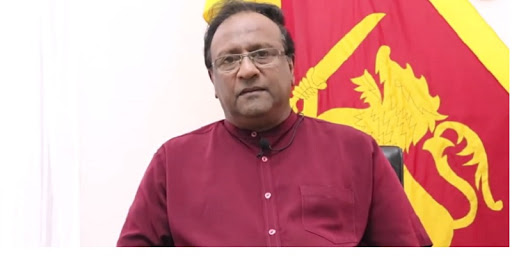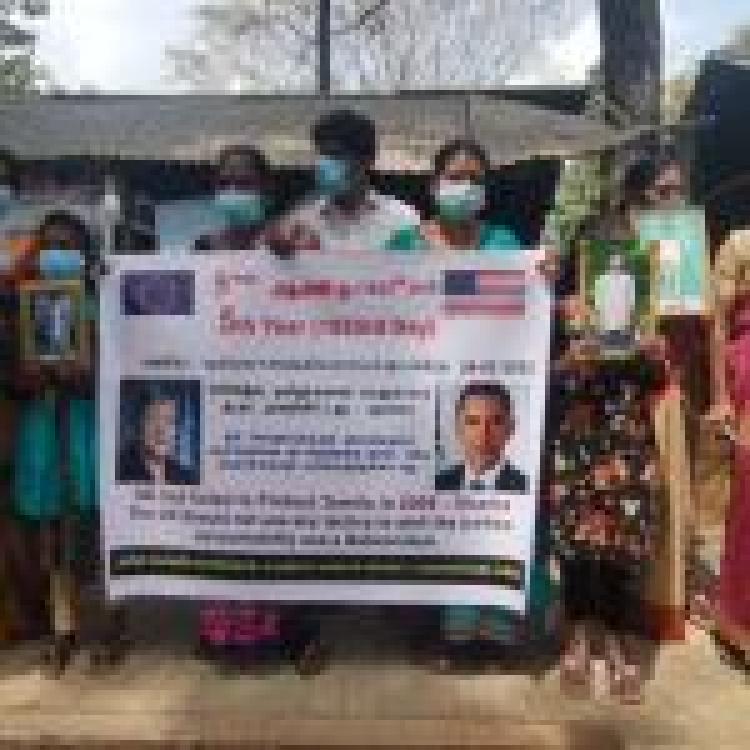
Sarath Weeasekara - Minister of Public Security
The Sri Lankan government plans to recruit youths to monitor and report political, criminal and social activities to police across the country.
The Daily Mirror reports, that the Sri Lankan government plans to recruit at least two youths for each 'Grama Nildhari Division' who will directly report to and assist police officers in obtaining individual and community participation in various activities within their respective 'Grama Niladhari' (GN). There are currently 14,022 GN's across the country, which are a sub-unit of a divisional secretariat, in which there are 331.
The Ministry of Public Security in collaboration with the State Ministry of Community Police Service and the Sri Lanka Police has taken steps to deploy two full-time "community assistants" to each GN division under the Community Police Service Programme.
Young people over 18 years of age residing permanently in the relevant GN division who have held School Prefect positions and active in youth clubs and other voluntary services could apply for Community Assistants positions, a memo to the cabinet prepared by Public Security Minister Sarath Weerasekara had noted.
![]()
Gotabaya Rajapaksa (L) Sarath Weerasekara (R) 2020
Though the proposal has been met with criticism from opposing parties. Speaking to the Daily Mirror, the General Secretary of the SJB and former minister of Law and order, Ranjith Madduma Bandara said the deployment of the community assistants programme "reminiscences of the Gestapo" - the secret police service of Nazi Germany. Banadara added, "The government must keep in mind that the Police cannot be involved in politics during their duty. If they secretly gather confidential information on society and civilians, it is unconstitutional and a violation of their Fundamental Rights. Besides, if the government thinks that they can suppress the public anger mounting by the day against it in this manner, it is only wishful thinking,”
In recent months there has been growing protests across the country as the nation is in the midst of an economic crisis, compounded by government mismanagement. Farmers across the South and North-East protested against the banning of chemical fertilisers which led to a severely reduced harvest. Furthermore, imports of essential items have been sparse leading to major shortages of medicine, fuel and food. As citizens of Sri Lanka find it increasingly hard to survive and provide for themselves, the Sri Lankan state looks to put in measures to monitor and quell any dissent.
Across the Tamil Homeland which is heavily militarised by Sri Lankan forces. Surveillance of the Tamil populace has been continuous, despite the armed conflict ending nearly 13 years ago. Tamil journalists and civil society members are often harassed by the Sri Lankan state apparatus, with intimidation tactics routine. In recent weeks a Tamil Journalists were attacked by members of the ruling SLPP party, leaving him hospitalised, the accused have not been arrested. Despite continuous calls to demilitarise the Tamil homeland, the Sri Lankan army continues to take over various functions of civilian life in the North-East. The residents in the affected areas have said that the military’s intrusion into their daily lives plays a huge role in unemployment, alcohol abuse and drug exploitation in the areas.
Read more at the Daily Mirror.



